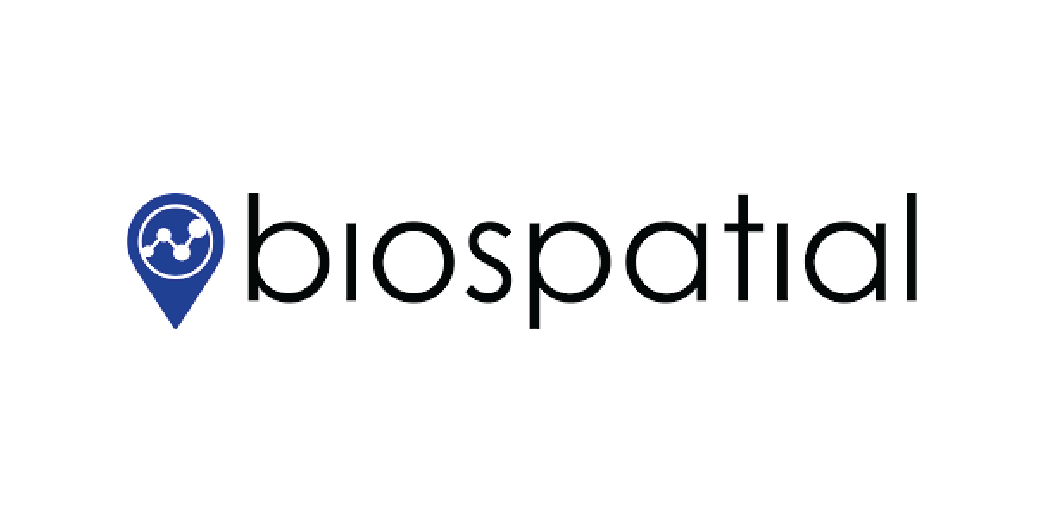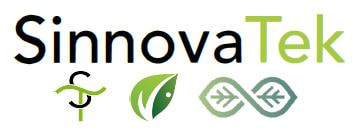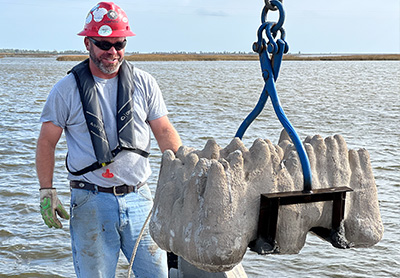Durham-based biospatial Helps Make Sure No Emergency Goes To Waste

For David Jones, investing in Durham-based EMS (emergency medical service) data startup biospatial was an obvious choice.
Led by CEO Jon Woodworth, biospatial applies the cutting-edge machine learning and AI technology developed by its executive team of data analytics vets to its unique collection of aggregated EMS data for use cases ranging from Covid-19 contact tracing to early bio-terrorism threat detection.
 Jones, a founding partner of Durham venture capital fund Bull City Venture Partners, was interested in biospatial back when it was merely a concept. That’s because he trusted the startup’s co-founders—Woodworth and biospatial Chairman Paul Runkle—due to their success at Signal Innovation Group, a previous venture that was acquired by defense giant BAE Systems in 2014.
Jones, a founding partner of Durham venture capital fund Bull City Venture Partners, was interested in biospatial back when it was merely a concept. That’s because he trusted the startup’s co-founders—Woodworth and biospatial Chairman Paul Runkle—due to their success at Signal Innovation Group, a previous venture that was acquired by defense giant BAE Systems in 2014.
“The thesis was very team-driven,” Jones said. “I think this is the best and most experienced AI and machine learning team, certainly in North Carolina and probably regionally.”
One more plaudit: biospatial was recently honored as one of GrepBeat’s inaugural class of Startups To Watch.
In 2016, biospatial’s co-founders started the company for data-based bio-security threat detection with the help of a grant from the U.S. Department of Homeland Security and UNC’s Gillings School of Global Public Health.
It quickly became evident that the EMS data—which was being quickly and consistently documented by ambulances, paramedics and other emergency services personnel on a national scale—could have far-reaching impacts. Investors, including BCVP, agreed; within four years of its founding, biospatial had raised $3.4 million.
“We saw an opportunity to actually leverage this data to help in national missions beyond just bio-surveillance,” Woodworth said. “We could both help in the EMS community, and also serve use cases in the commercial space.”
One of biospatial’s main differentiators is its unique level of access to EMS data, which is signed over by individual states. With each set of EMS data comes individual electronic patient care reports (ePCRs), which biospatial’s platform cross-references with other sources of healthcare data using artificial intelligence (AI) to find trends.
In exchange for signing over their EMS data, state and local health departments receive free access to biospatial’s data management platform to perform a number of functions, including the ability to query and visualize data, generate reports, and receive alerts of possible clusters.
“EMS medics, they’re on the front lines with Covid-19, and they have been since the beginning,” Woodworth said. “We were uniquely positioned to work with our EMS data partners to understand how they are documenting Covid-19-related issues within their records, and using our access to that data in our platform to help track Covid-19 for early warning of new hot spots and for understanding the situation on the ground with respect to acute conditions related to Covid-19.”
Helping with EMS crisis
As public agencies combat a pandemic and a nationwide EMS crisis—due to a surge in call volume exacerbated by staffing limitations—biospatial’s platform has been a godsend.
“Our work with the local EMS agencies is certainly not going to overcome staffing problems they have on the medic side,” Woodworth said, “but in the back office and understanding what’s going on in their environment, we believe our platform is able to help, and can be a force multiplier.”
For Jones and BCVP as well, biospatial has provided pandemic relief, consistently doing well as its tools have become crucial to Covid response, proving his “thesis” that an excellent team and business model is always a good investment.
“A lot of companies, even some of our companies, were struggling during Covid,” Jones said. “Here is a company that was kind of feeling a tailwind because of Covid, and being able to do something about it by being able to help around this pandemic.”
For Woodworth and his team, the future of biospatial lies in expansion. While the company currently collects about two-thirds of EMS data nationwide, it still hopes to make that figure 100%. It is also looking to raise a $5 million Seed A funding round to expand its team and scale its hybrid operations while remaining headquartered in the Triangle.
“I’m not going anywhere,” Woodworth said. “My co-founders also have deep roots in the Triangle. We plan to expand significantly post-financing, with a primary focus in the Triangle.”
- Categories:


